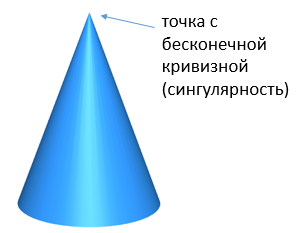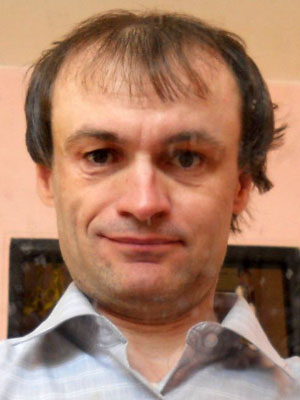
Roger Penrose won the 2020 Nobel Prize in Physics for theorems on the formation of black holes, which he proved with Hawking back in the 1960s and 70s. Congratulations!
However, Penrose's main merit in this direction is that at one time he made Einstein's theory of gravity (general theory of relativity) mainstream. Before Penrose, it was believed that the theory of relativity should not be dealt with by young physicists. There are no interesting problems left in it. This is an old theory, created back in 1916, has already been explored far and wide.
Penrose showed that this is not the case. He developed new mathematical methods (Penrose diagrams) and obtained many interesting results. He marked the beginning of the golden age of black holes, the culmination of which is considered to be the discovery of the effect of evaporation of black holes through Hawking radiation. One of the results of that fruitful period is his hypothesis of cosmic censorship, according to which naked singularities are forbidden by Nature.
Singularities
( ) . , — . , .
. . , — . :

, , — , . . , .
-. , . - (, , ) , , :
, . , . .
. , . - . . .
() . .
, . " " 1967 . , . , . , .
, — . . . -.
, . . , . . , :
, , .
. , , , - , .
, . , , , .
2007 - , weak gravity conjecture. , .

—
, , . , — . , , . , , .
, . , , , .
*P.S. , , 2007 .
In this he is similar to another genius - the mathematician Alexander Grothendieck, who left the world of science for political reasons when he was only 42. *